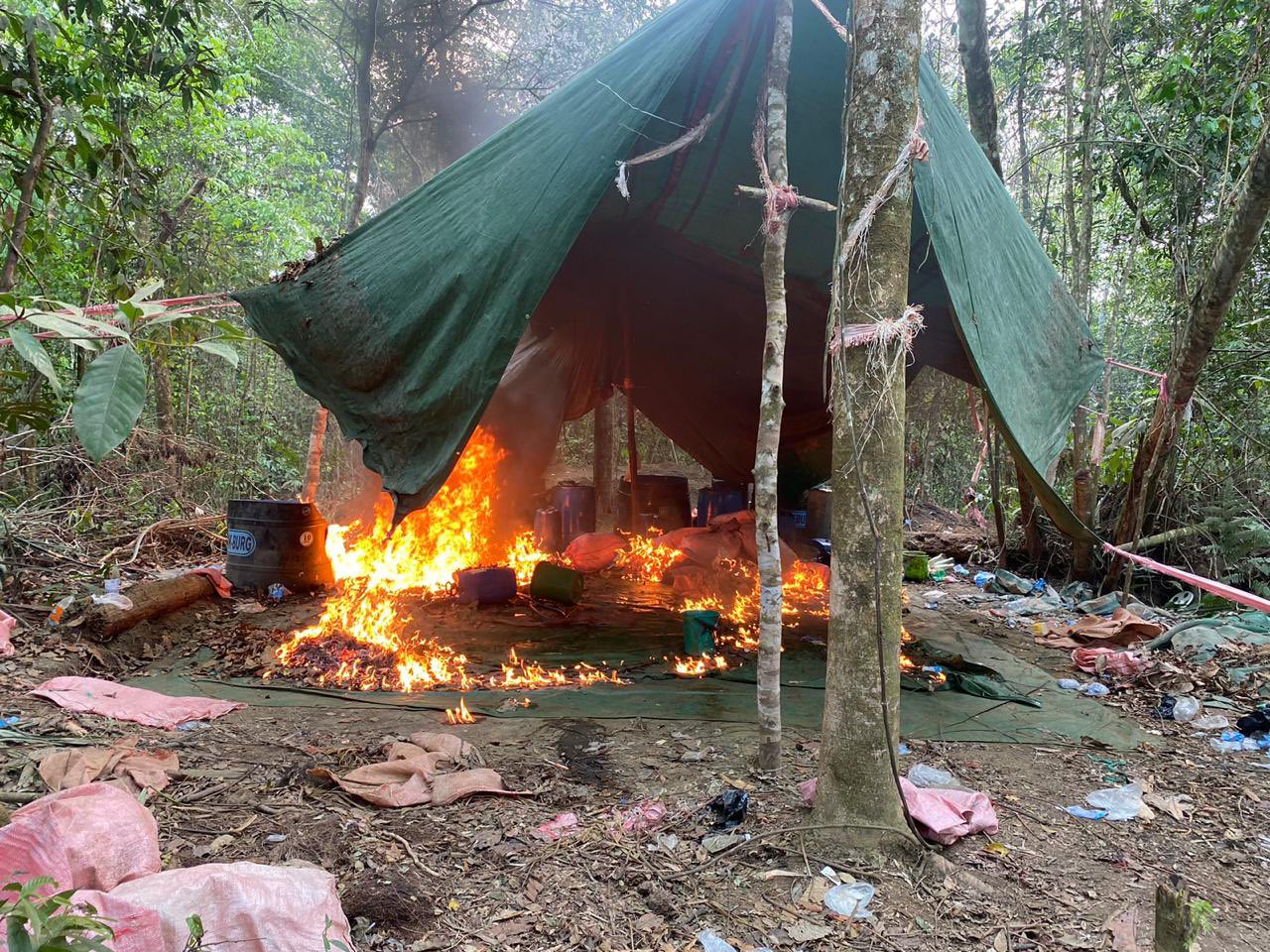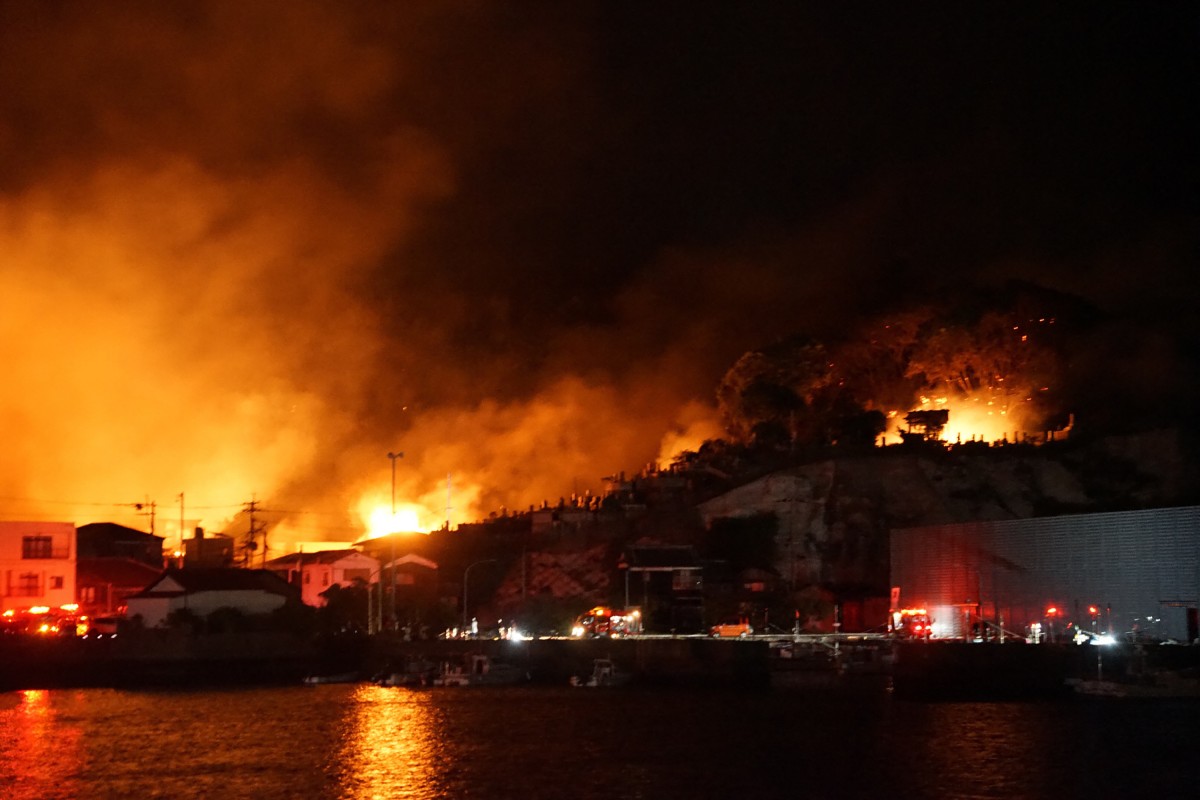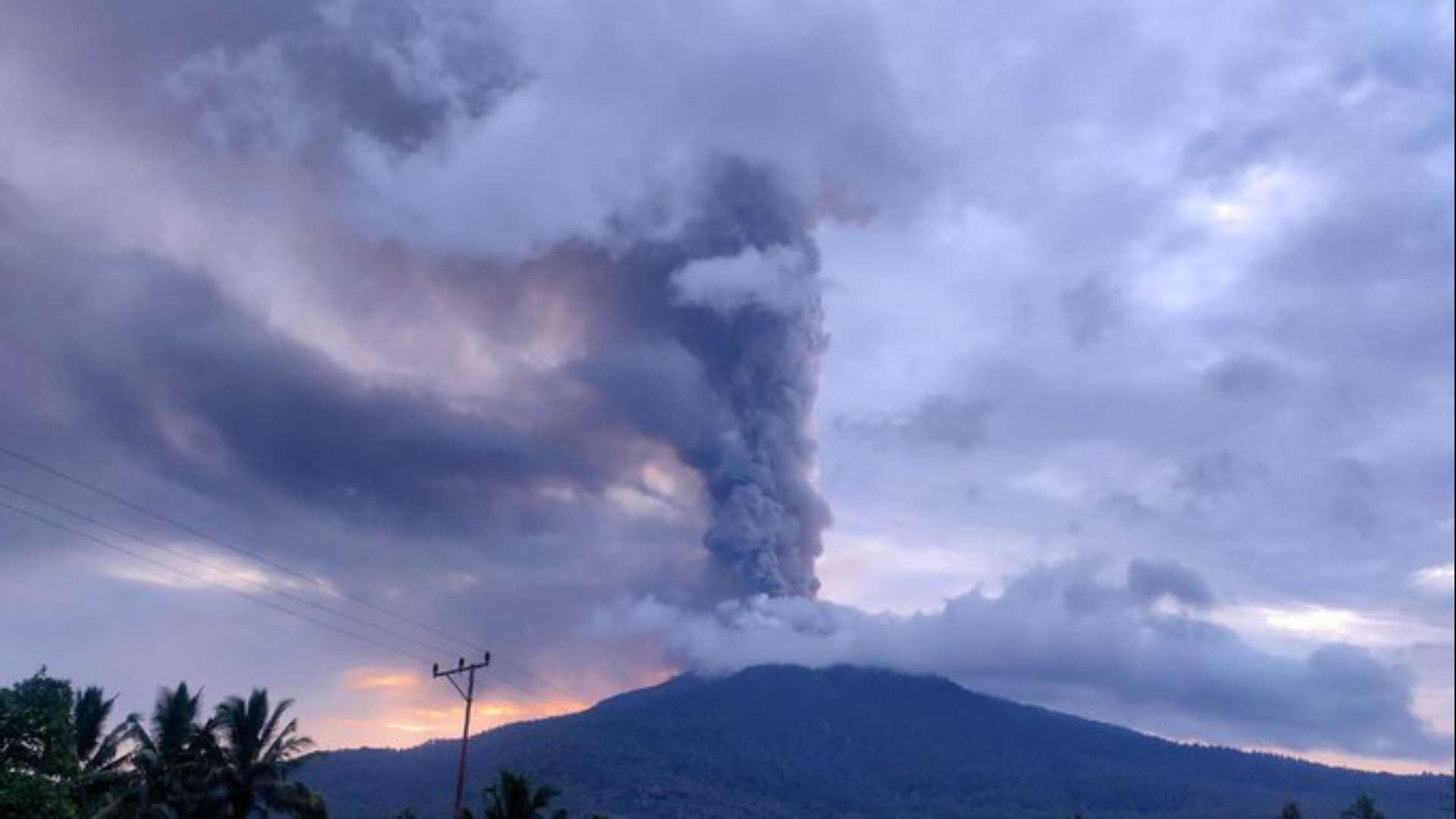Internacionales
22 cocaine manufacturing laboratories destroyed in Bolivia

October 23 |
Bolivia’s Vice Minister of Social Defense and Controlled Substances, Jaime Mamani, announced on Friday the dismantling of 22 laboratories destined for the illicit manufacture of cocaine in the province of Chapare, department of Cochabamba.
According to Mamani, the destruction was carried out thanks to the execution of two operations by the Bolivian Army in less than 48 hours, on October 18 and 19.
“With the two operations that have been executed, on October 18 and 19, the patrimony of drug trafficking has been affected by 1,065,755 dollars”, he assured in a press conference, offered together with the director in that territory of the Special Force against Drug Trafficking (Felcn), Juan José Torrico.
The vice minister explained that the first operation, called Leopardo, took place on October 18 and 20 mobile cocaine paste factories were found, with a daily production capacity of up to 20 kilos.
The Colombian Rafael Ramirez Morales (52 years old), armed with a rifle, and Bolivian Ernesto Yucra Seña (46 years old) were arrested in this action.
Also destroyed were 48 tanks of 1,200 liters; 54 bags of cement; 240 gasoline cans of 60 liters; 719 jute bags; 20 hoses; 30 racks and 1,175 liters of rich water equivalent to 40 kilos 705 grams of cocaine; among other elements of artisanal manufacture.
The second operation, named Rinoceronte, took place on October 19 and two clandestine cocaine paste factories and two cocaine crystallization laboratories were found, and a minor and Evo Ramírez Méndez were arrested.
Also dismantled were eight 1,000-liter tanks; 200 liters of liquid cocaine equivalent to nine kilos; 28 packages of coca leaves; 18 drums with a capacity of 60 liters and eight bags of lime, among other products.
According to the United Nations Office on Drugs and Crime (UNODC), the drug produced in Bolivia is mainly destined for Europe, although at least 31 countries, including some in the region — such as Chile, Uruguay, Panama and Argentina — have reported receiving cocaine from Bolivia.
Internacionales
Juan Orlando Hernández’s family takes time to decide next steps after surprise U.S. release

Ana García, the wife of former Honduran president Juan Orlando Hernández, who was pardoned on Monday by U.S. President Donald Trump after being sentenced in 2024 to 45 years in prison on drug trafficking and firearms charges, told EFE on Wednesday that the family has not yet decided whether he will return to Honduras.
“We have not made any decision about that yet. Everything is still very recent, and as a family we are going to take the time to reflect carefully and make wise decisions thinking about the well-being of Juan Orlando, our children, and all our families,” García said at her residence in Tegucigalpa.
García wore around her neck her husband’s wedding ring, which she has kept since Hernández was held at a special police detention facility known as the ‘Cobras’ on the day of his arrest, February 15, 2022.
“We are still deciding many things. He has just been released, it has not even been 48 hours since he got out. So we are taking things calmly,” she reiterated.
She also explained that since she does not have a U.S. visa — revoked after her husband was requested for extradition following the end of his presidency in January 2022 — she has not been able to see him, but said she is “awaiting some form of communication from the United States” in order to do so.
García declined to reveal where in the United States her husband is currently located, although she stressed that she is confident she will have an opportunity to reunite with him.
Internacionales
One killed, 188 evacuated as wind-driven blaze rips through Kyushu neighborhood

One person died and 188 residents were evacuated after a massive fire swept through at least 170 buildings in a residential area on the island of Kyushu, southern Japan, authorities reported on Wednesday.
The regional government confirmed one fatality. Public broadcaster NHK reported that police, who had been searching for a missing 76-year-old man, found a body inside his home.
Footage recorded on Tuesday night showed firefighters spraying water on towering flames engulfing homes, while residents were escorted to an improvised evacuation center.
“The flames rose so high they turned the sky red. The wind was strong. I never imagined it would spread so far,” a man told NHK.
“I was shaking with fear. I had never seen a column of fire like that,” another witness said.
The fire broke out late Tuesday, with at least 170 buildings affected. According to NHK, the blaze spread rapidly, likely fueled by a lack of rainfall, dry air, and the tightly packed wooden houses characteristic of the area.
Internacionales
Indonesia’s Mount Semeru erupts, sends ash 13 km high and forces evacuations

Mount Semeru, located in eastern Java and about 310 kilometers west of the popular tourist destination of Bali, erupted at 07:13 GMT, spewing pyroclastic flows, according to Indonesia’s geological agency chief, Muhamad Wafid.
“The public is advised to refrain from any activity within an 8-kilometer radius of the crater or summit of Mount Semeru due to the risk of falling volcanic rocks,” the official said in a statement. The national disaster management agency reported that the ash column rose as high as 13 kilometers.
Agency spokesperson Abdul Muhari added that at least 300 residents living near the volcano were evacuated to two temporary shelters. No casualties have been reported so far.
The geological agency also noted that seismic activity at Mount Semeru remains high.
Authorities at Bali’s Ngurah Rai Airport stated that flights are operating normally for the time being.
A previous eruption of Semeru in 2021 killed more than 50 people, damaged over 5,000 homes, and forced nearly 10,000 residents to seek refuge.
Indonesia is home to nearly 130 active volcanoes.
-

 International4 days ago
International4 days agoWashington declares State of Emergency as atmospheric river brings severe flooding
-

 International4 days ago
International4 days agoU.S. to require five-year social media history from tourists under Visa Waiver Program
-

 International3 days ago
International3 days agoCuba battles out-of-control dengue and chikungunya epidemic as death toll rises to 44
-

 Central America3 days ago
Central America3 days agoHonduras election crisis deepens as CNE president denounces intimidation attempts
-

 Central America4 days ago
Central America4 days agoOAS and EU urge honduran political actors to respect vote results and avoid unrest
-

 International3 days ago
International3 days agoColombia says it would not reject Maduro asylum request as regional tensions escalate
-

 International2 days ago
International2 days agoSeveral people shot in attack on Brown University campus
-

 International3 days ago
International3 days agoEcuador on track for record violence as homicides hit highest level in Latin America again
-

 International4 days ago
International4 days agoSix ecuadorian soldiers jailed pending trial for alleged extrajudicial execution
-

 International2 days ago
International2 days agoU.S. and Mexico Reach Deal to Address Water Deficit Under 1944 Treaty
-

 Central America11 hours ago
Central America11 hours agoPanama seizes over three tons of drugs hidden in Caribbean port container


























